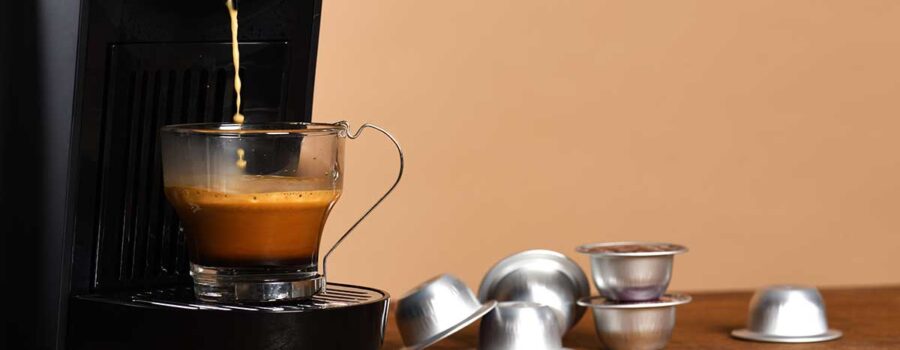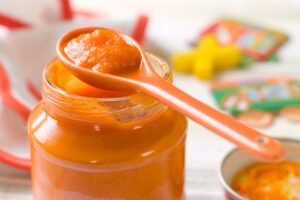It’s easy to reach for the convenience of a K-cup coffee maker in the morning, but it’s worth taking a closer look at what you’re actually consuming with each cup. Most K-cup coffee makers and pods are made almost entirely of plastic. When water heats up inside the machine, it interacts with these plastics, directly leaching toxic chemicals and microplastics into your coffee. To make matters worse, the acidic nature of coffee can increase the likelihood of harmful compounds—like hormone-disrupting phthalates and petrochemicals—leaching from the plastic into your drink.
The K-cup itself, often a plastic pod, also contributes to the problem. The plastic can release additional toxins into your cup as the machine’s hot water passes through it. Instead of enjoying a clean, antioxidant-rich beverage, you may be sipping on a cocktail of microplastics and chemicals, far from the benefits of a healthy cup of coffee.[1]
A Better Brew: How to Make Your Morning Coffee Less Toxic
If you’re looking for a cleaner, healthier way to enjoy coffee, here’s what Non-Toxic Dad recommends:
- Choose Organic, Freshly Roasted Beans: Opt for whole organic beans roasted within the past three months, and look for beans tested to be free of mycotoxins (harmful molds). This ensures you’re getting high-quality coffee packed with antioxidants.
- Use a Non-Toxic Brewing Method: Skip plastic-based machines and instead use a ceramic pour-over or a glass or stainless steel French press. These materials are free from harmful chemicals, allowing you to keep your coffee pure and toxin-free.
With a few simple changes, you can enjoy a safer, cleaner coffee that maintains all the beneficial antioxidants and energizing caffeine kick without exposing yourself to harmful chemicals. Make your morning ritual healthier for you and your family—one cup at a time.
References:
- Rune, Christina JBirke, et al. “Acids in Brewed Coffees: Chemical Composition and Sensory Threshold.” Current Research in Food Science, vol. 6, Mar. 2023, p. 100485.








